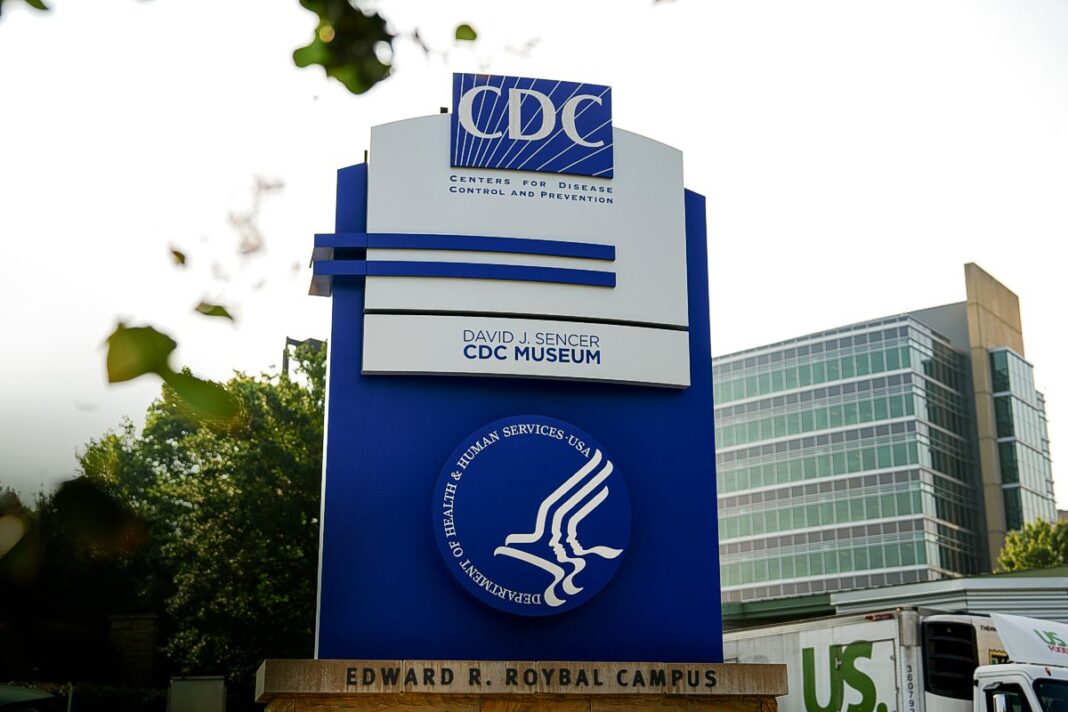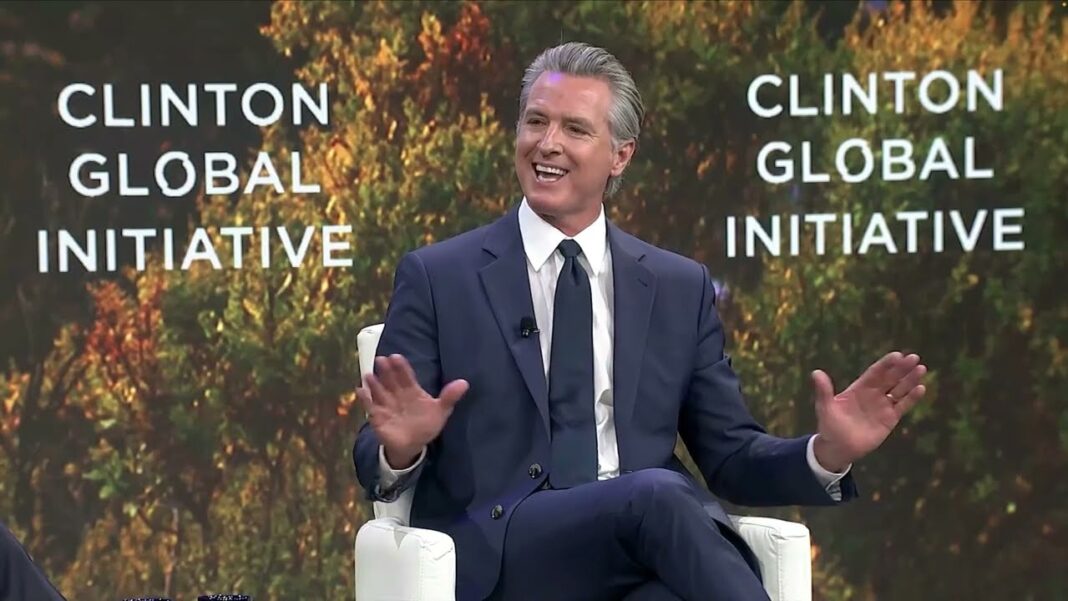ACIP was to vote on changing the first dose recommendation from within hours of birth to a minimum of one month after birth.
The Centers for Disease Control and Prevention’s vaccine advisory panel postponed a vote on delaying the first dose of the hepatitis B vaccine to weigh whether the vaccine should be removed from the childhood schedule altogether, one of the advisers said on Sept. 24.
“A lot of people don’t understand what transpired there, but for me, I was faced with a decision of either voting to delay it for one month or voting against that motion and functionally endorsing administering hepatitis B vaccine at birth, continuing the standard,” Dr. Robert Malone, a member of the CDC’s Advisory Committee on Immunization Practices (ACIP), said in remarks during a call held by MAHA Action, a nonprofit that says it helps advance the Make America Healthy Again (MAHA) agenda.
“And instead what I did was make a motion and … virtually all committee members except for the chair endorsed that: ‘No, we’re not ready to make that decision. We need to postpone that because we need to really have the data to address whether or not hepatitis B vaccine should be administered to children at all,’’” Malone said.
Hepatitis B is a liver disease that can, in some cases, result in serious complications, including death. It can spread in multiple ways, including through bodily fluids from infected people or from an infected pregnant woman to her baby.
During their mid-September meeting, ACIP members pored over data on hepatitis B and the first dose of the vaccine, which is recommended by the CDC shortly after birth and is often administered in the hospital following delivery.
ACIP had been slated to vote on changing the first dose recommendation from within hours of birth to a minimum of one month after birth, for children born to mothers who test negative for hepatitis B.
That timing was decided because the second dose is recommended at one to two months of age, Martin Kulldorff, the chair of ACIP, said during the meeting.
Just before the vote was held, Malone introduced a motion to table, which passed 11–1.
Malone and another member, Vicky Pebsworth, stated that they were concerned with the CDC’s claim that the Institute of Medicine—now known as the National Academy of Medicine—had found the vaccine to be “safe and effective.”







